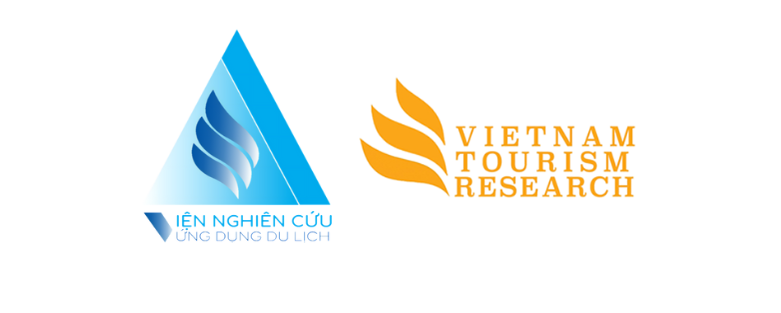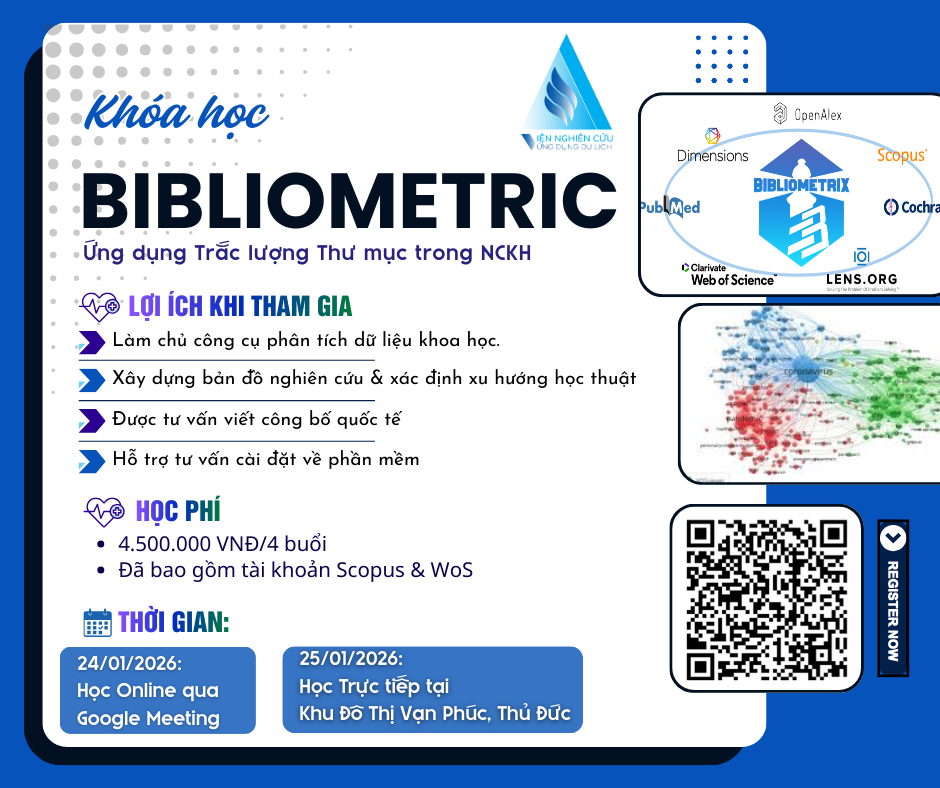This post is also available in:
Tiếng Việt (Vietnamese)
This article explores “Meaningful Tourism” – an emerging paradigm developed to guide the transformation of global tourism in the post-pandemic era. Rooted in the principles of sustainable and responsible tourism, Meaningful Tourism emphasizes the creation of value and benefits for six core stakeholder groups: tourists, host communities, tourism employees, companies, governments, and the environment (including future generations).
The article discusses the challenges facing tourism before and during the pandemic and, through practical examples from the 2022 Meaningful Tourism Award winners, demonstrates how this model can foster the alignment of interests, promote positive sustainability, and deliver transformative travel experiences.
Introduction
Global tourism had reached a breaking point in 2019, even prior to the outbreak of the pandemic. Tourism risked being perceived by the public as a driver of degradation, pollution, and overtourism, resulting in phenomena such as flight shaming. The rise of mass tourism led to a fivefold increase in international travel over four decades (1980–2019), but its negative consequences became increasingly evident, with local communities in destinations such as Venice and Barcelona feeling their cities had been overtaken by visitors. Moreover, the rapid growth of non-Western tourists and the homogenization of experiences across the globe contributed to a sense of monotony and cultural disrespect.
The COVID-19 pandemic, combined with the ongoing climate crisis, highlighted the fragility of life and underscored the need for change. Meaningful Tourism emerged as a new model designed to reorient the future of global tourism in the post-pandemic era, treating the crisis as an opportunity to reset tourism in a more sustainable and differentiated direction.
Foundations of Meaningful Tourism
Meaningful Tourism builds upon the concepts of sustainable and responsible tourism but distinguishes itself by offering tools to ensure quality and benefits through the alignment of stakeholder interests. The six primary stakeholder groups include:
- Guests/Travelers
- Host communities
- Employees
- Companies
- Governments
- Environment/Future generations
Two critical keywords underpin the concept: interest alignment and inclusivity of all stakeholders. Rather than attempting to merely balance competing interests (e.g., between tourists and host communities), Meaningful Tourism seeks to establish mutually beneficial linkages that enhance product quality, improve host–guest relationships, ensure better working conditions, and foster regional and environmental development.
The model also rests on the notion of positive sustainability, which prioritizes benefits and satisfaction for all stakeholders, moving beyond minimizing negative impacts or inducing guilt regarding tourism practices. Furthermore, it incorporates positive psychology and the transformational experience economy, emphasizing that tourism should provide experiences capable of fostering personal growth and transformation.
Challenges and the Need for Change
Tourism development has shifted from leisure to experience-oriented travel, where multiple purposes converge within a single journey (e.g., digital nomadism, visiting friends and relatives, pilgrimage, niche tourism). However, superficial forms of consumption-oriented travel—such as “sun, sand, sex, sightseeing, shopping, and selfies” are increasingly inadequate for fulfilling the demand for transformative and meaningful experiences.
The urgency of change is further accentuated by the climate crisis. Traditional solutions, such as the case of Komodo National Park in Indonesia, reveal the shortcomings of attempting to “balance” interests or privileging only certain stakeholders. The abrupt increase in entry fees to USD 1,000 in Komodo, intended to protect the Komodo dragon, threatened local livelihoods, sparked protests, and risked escalating illegal fishing and poaching.
A Meaningful Tourism approach would combine conservation through restricted access with increased income and business opportunities for local communities via training, regional product development, specialized gastronomy, multilingual guiding, and cultural promotion. This ensures tangible benefits across stakeholders—from visitors to the environment and government.
Illustrative Cases of Meaningful Tourism
Awardees of the 2022 Meaningful Tourism Awards exemplify the model’s principles:
Singular Places: A booking platform that acts as a network connecting independent service providers with conscious travelers. It prioritizes local economic retention, fair employment, and authentic experiences. Rather than relying on certifications, it emphasizes human connection and tangible impact.
Withlocals: A platform linking travelers with locals through private, immersive experiences, akin to “hanging out with a new friend.” By empowering local guides as “micro-entrepreneurs,” it ensures fair income, flexible schedules, cultural respect, mitigation of overtourism (through private tours and dispersal to lesser-known areas), local economic contribution, and environmental protection (low-impact, carbon-offset tours).
Adventure Boutique: A company offering unique adventure expeditions designed to foster personal transformation. Journeys emphasize deep community engagement, such as in Sierra Leone, where participants support a local hospital. This not only reshapes traveler perspectives but also stimulates charitable action and intercultural understanding.
Small Luxury Hotels of the World (SLH) – Considerate Collection: A curated set of boutique luxury hotels focused on sustainability across environment, culture, and community. Typically locally owned and managed, they showcase that luxury and sustainability are not mutually exclusive. For example, Alila Phuket (now The Slate) reduced millions of plastic bottles, restored coral reefs, and educated communities in waste and water management.
Unseen Tours: A London-based social enterprise training and employing formerly homeless individuals as tour guides. These guides share unique insights into the city, raising awareness of homelessness and challenging stereotypes. At least 60% of ticket sales go directly to guides, enabling them to escape homelessness and find meaningful work.
4VI (formerly Tourism Vancouver Island): Transitioned from a destination marketing organization (DMO) to a destination management and social impact organization, with the vision “tourism as a force for good for Vancouver Island, forever.” It focuses on four pillars of social responsibility: business, community, culture (including Indigenous reconciliation), and environment. The organization conducts pioneering research on the carbon footprint of all tourism activities on the island and actively advances the UN Sustainable Development Goals.
Conclusion
Meaningful Tourism is not merely a theoretical construct but a practical framework for achieving a sustainable future of tourism. It challenges the traditional mass-tourism paradigm and instead emphasizes creating benefits for all stakeholders through interest alignment and positive sustainability.
The exemplary practices of award-winning organizations demonstrate that transformation is both possible and necessary. As Niccolò Machiavelli once stated, “Never let a good crisis go to waste.” The pandemic has provided a unique opportunity to reset tourism in a more meaningful direction. By focusing on quality, transformative experiences, and positive social impact, Meaningful Tourism charts a path forward in which tourism can genuinely serve as a force for good in the world.









